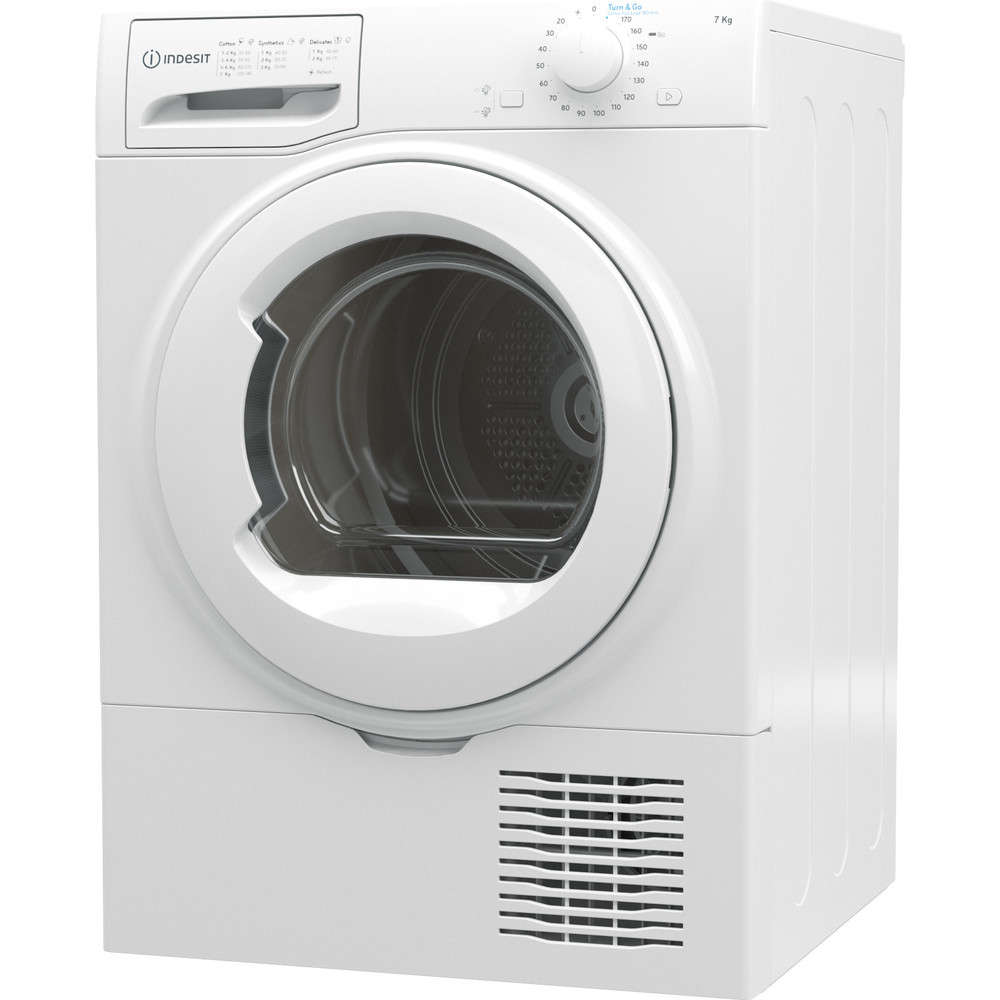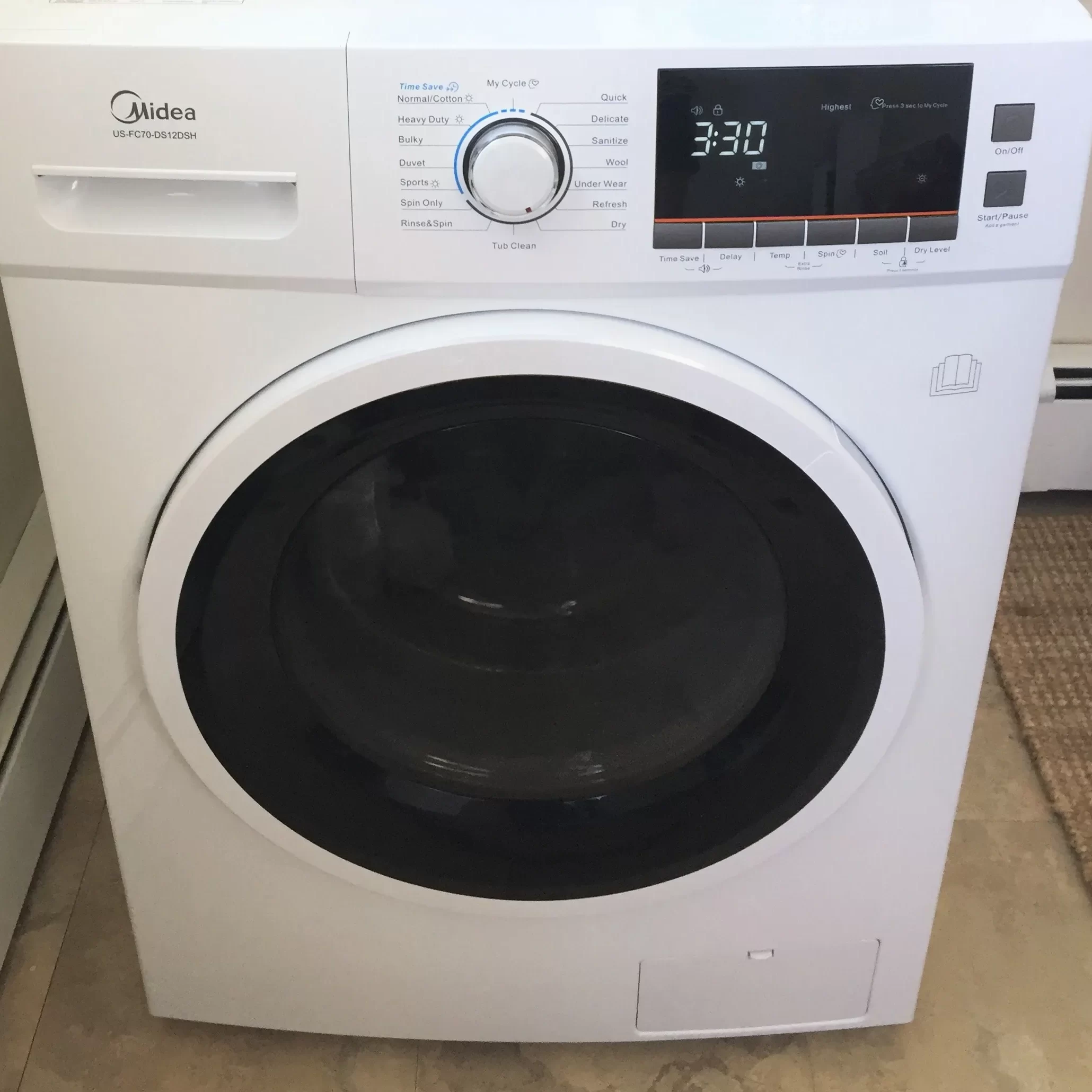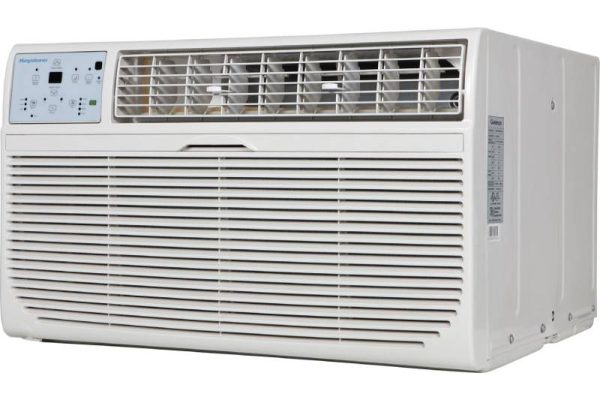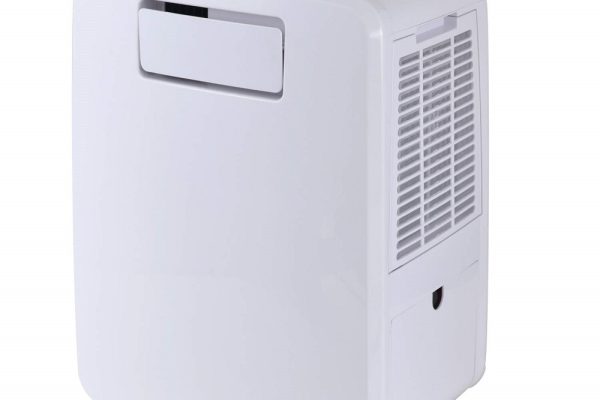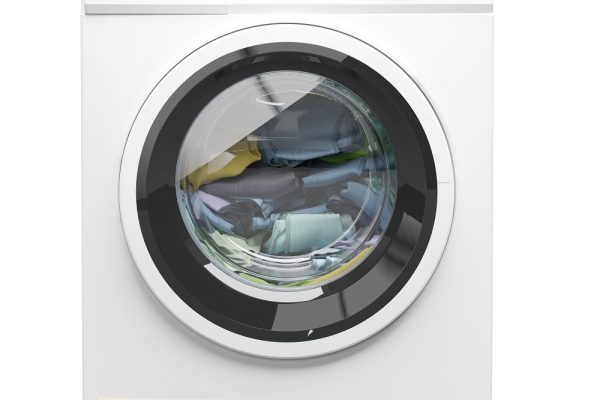If you’ve ever found yourself waiting for your clothes to dry only to discover they still feel damp hours later, you’re not alone. Many homeowners and apartment dwellers have experienced the frustration of a dryer that seems to take an eternity to complete its cycle. In this comprehensive guide, we’ll dive into the various reasons why your dryer takes so long to dry clothes and how you can address these issues effectively.
Understanding Dryer Mechanics
Before we can tackle the reasons why your dryer is taking too long, it’s essential to understand how dryers function in the first place. There are primarily two types of dryers: vented and ventless. Each has its own mechanics, but they both rely on heat, airflow, and tumbling action to evaporate moisture from fabrics.
Ventilation Systems
Vented dryers expel moist air outside the home and pull in fresh air to aid in the drying process. If the venting system is clogged or restricted, it can significantly prolong drying times. Ventless dryers, on the other hand, condense moisture and recycle the air within the unit. While they are generally more efficient, they can also experience issues that lead to prolonged drying times.
Drying Cycles and Sensors
Most modern dryers come equipped with moisture sensors that can detect when clothes are dry and automatically adjust the drying time. If the sensor malfunctions or dirt accumulates on it, the dryer may fail to recognize when your clothes are dry, leading to extended drying cycles.
Common Reasons for Long Drying Times
Understanding the common culprits behind lengthy drying times can help you pinpoint the issue more effectively. Below are some of the most frequently encountered reasons.
1. Clogged Venting Systems
One of the leading causes of long drying times is a clogged venting system. Lint, dust, and debris can accumulate in the vent pipe, restricting airflow and inhibiting the dryer’s ability to expel moist air. When this occurs, not only does it take longer to dry clothes, but it can also pose a fire hazard.
Signs of Clogged Vents
- Weak Airflow: If you feel less airflow coming from the outside vent, or if air isn’t coming out at all, this can indicate a blockage.
- Overheating: A dryer that feels hot to the touch or has a burning smell often suggests restricted airflow.
- Lint Build-Up: Visible lint around the dryer or inside the vent can be a clear sign of a clog.
2. Overloaded Dryer
Another common reason for slow drying times is overloading the dryer. When you pack too many clothes into the drum, there isn’t enough space for air to circulate effectively. This leads to uneven drying and inefficiency in heat distribution.
Tips on Loading the Dryer
- Follow Manufacturer’s Guidelines: Refer to the manual for specific load recommendations.
- Dry Similar Fabrics Together: Group heavy items with heavy items and lightweight fabrics with lightweight ones for optimal results.
- Leave Space: Ensure there’s enough space for clothes to tumble freely.
3. Incorrect Settings
Sometimes, the reason your dryer is taking too long to dry can be as simple as using the wrong settings. Many dryers come with multiple drying cycles tailored for different fabrics. If you’re using a setting meant for delicate items or no-heat options, it will take significantly more time to dry heavier fabrics like towels and jeans.
Choosing the Right Cycle
- Heavy Duty or Normal: For items like towels and bedding, select a heavy-duty or normal cycle.
- Sensor Drying vs. Timed Drying: Sensor drying adjusts the time based on moisture, while timed cycles remain fixed. Make sure you choose wisely to avoid unnecessary waits.
4. Moisture Levels in Clothes
Before you even load your clothes into the dryer, consider how wet they are. If you are washing items like towels or heavy blankets, they may retain more moisture than lighter fabrics. If these wet items are thrown into a dryer without a proper spin cycle, it can significantly increase drying times.
Solutions for Moisture Retention
- Higher Spin Speeds: Adjust the spin cycle in your washing machine to remove as much moisture as possible before transferring to the dryer.
- Separate Loads: Consider drying heavily-soaked items separately from lighter ones for more efficient drying.
5. Lint Filter Issues
The lint filter is a critical component of your dryer that collects lint and debris as the machine operates. A clogged lint filter can restrict airflow, leading to longer drying times. Ensuring that this filter is cleaned regularly will improve your dryer’s efficiency.
Lint Filter Maintenance
- Regular Cleaning: Empty the lint filter after every load.
- Deep Cleaning: Occasionally wash the lint filter with soap and water to remove residues that may accumulate over time.
Assessing Your Dryer’s Health
In addition to the common issues highlighted above, there are several diagnostic measures you can take to evaluate the overall health of your dryer.
1. Age of Appliance
Like any appliance, a dryer has a lifespan. If your dryer is over a decade old, it may not operate as efficiently as newer models. Investing in a more energy-efficient dryer can sometimes be more economical in the long run, despite the initial investment.
2. Check for Electrical Issues
Sometimes the prolonged drying times may stem from electrical issues. If your dryer isn’t heating properly due to electrical faults, it won’t be able to generate enough heat to dry your clothes effectively.
Signs of Electrical Problems
- Burning Smell: A burning smell can be a sign of wiring issues.
- Unresponsive Settings: If settings aren’t working or you notice flickering, it may suggest an electrical issue.
3. Inspect the Heating Element
In gas dryers, the heating element ignites gas to produce heat. In electric dryers, it heats the air directly. If either of these components is faulty, your dryer will take longer to dry clothes.
Signs of Heating Element Failure
- No Heat: Clothes remain damp after a full cycle.
- Inconsistent Heat: The dryer heats unevenly.
DIY Solutions for Prolonged Drying Times
When faced with a dryer that takes too long to dry clothes, certain DIY strategies can be employed to alleviate common issues.
1. Clean or Replace the Venting System
If you suspect that a clogged vent is the culprit, take the time to inspect and clean it. This may involve disconnecting the vent hose from both the dryer and the wall and using a vacuum or a vent cleaning brush to remove the lint buildup.
2. Clean the Lint Filter
As mentioned earlier, cleaning the lint filter after each load is a simple yet effective way to ensure your dryer operates efficiently and reduces drying time.
3. Maintenance Checks
Regular maintenance checks and servicing can extend the life of your dryer and maintain its efficiency. You can schedule a professional service if you feel comfortable or perform simple checks yourself.
4. Troubleshooting Electrics
For electrical doubts, a simple solution may be checking circuit breakers or consulting a professional electrician to resolve any underlying electrical issues.
 When to Seek Professional Help
When to Seek Professional Help
If you have followed the recommendations and troubleshooting tips outlined above, and your dryer is still taking too long to dry, it might be time to get professional help. Technicians can diagnose problems that you might not spot, such as issues with the drum motor or more intricate electrical faults.
Future Prevention Tips
Preventing drying issues in the future may require some adjustments to how you use and maintain your dryer.
1. Regular Maintenance
Plan for periodic maintenance. Check the venting system, clean the lint filter, and inspect the heating component regularly to ensure the dryer functions efficiently.
2. Proper Loading Techniques
Ensure that you load your dryer correctly from the get-go. Limit loads to the manufacturer’s recommended capacity to facilitate effective airflow and heat distribution.
3. Choose the Right Cycle
Become familiar with the various cycles available on your dryer. Use the appropriate settings to suit fabric types, which ultimately helps achieve optimal drying results.
Conclusion
Facing a situation where your dryer takes too long to dry can be exasperating. Understanding the mechanics of your appliance and recognizing the potential issues can make a significant difference in both time and energy consumption. From clogged vents to improper loads, various factors can extend drying times. By following the advice and tips outlined in this guide, you can ensure more efficient drying cycles and potentially save on your energy bills as well. Remember that regular maintenance and timely repairs are crucial for maintaining the efficiency of your dryer, ultimately letting you answer the question, “Why does my dryer take so long to dry?” with more confidence.
